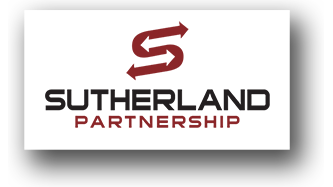Our veterans and military families are great young people who will contribute to their communities in the future. In fact, it goes without saying that they will make a positive difference wherever they are. Right now, though, they need a little assistance during transition and reintegration in order to thrive. It comes down to community leadership making a positive difference on a daily basis through a community of shared purpose.
The Model of Excellence (employment, access to health care and education) calls for community leaders to connect with those who served and to look for a way to really assist veterans returning from conflict zones and/or overseas assignments. This is a remarkably similar pursuit as running a business. For example, community leaders focusing on this mission will need to employ four fundamental aspects of management and growth.
This is a great diagram for someone in an MBA program, but what does it really mean? How did it come about? And how can it be put into play?
The Origin of the Focus Model: In 1984, Colonel Russel L. Honoré, my brigade commander at the time, visualized those components for the brigade that would make us combat ready, and then he examined how the priorities overlapped. I have carried this diagram with me for the past 19 years and it continues to be applicable in my work, even when we discuss quality of life for those in our organizations or community.
What Does It Mean? “Focus” means creating a balance between leading, caring, maintaining and training. It means providing leadership and integrating activities while maintaining contact and empathy with the person or people being supported. It’s about quality of life and enabling those you’re supporting to achieve their goals.
Putting “Focus” Into Action: In some communities, every veteran who wants follow-up gets it. Under the leadership of the Robin Hood Foundation in New York City, the non-profit, Single Stop, develops a personal connection with each veteran and/or military family – and Single Stop maintains this connection while training those needing assistance. At some universities and colleges, every student veteran who wants follow-up gets it, even if it’s just a phone call a couple of days later to check in.
That’s what I’m talking about.
Whether you’re a leader or an individual, reach out to me to find out where you can start. I’ll connect you to like-minded people in your community and get you on your way. Email me at colonelsutherland@gmail.com or respond to this posting. And thanks…in advance.

